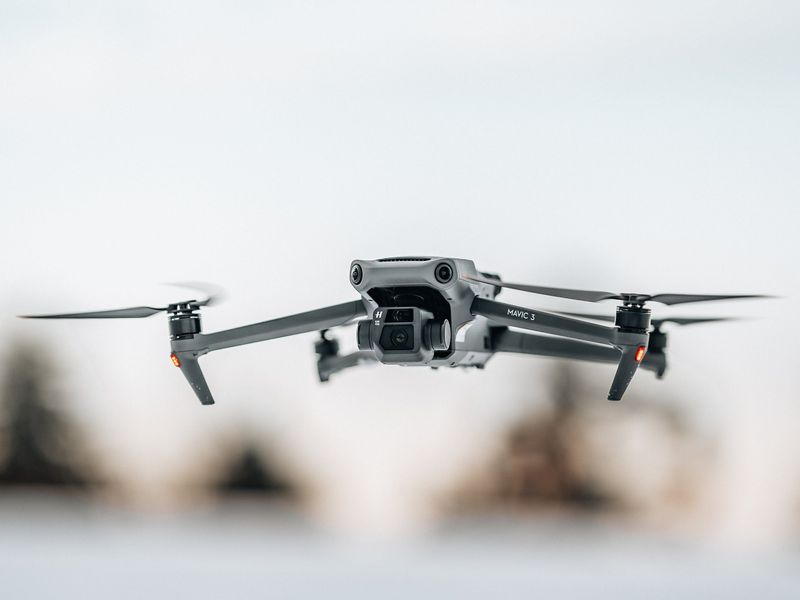High-Stakes Cybersecurity Competition Takes Aim at Car Systems
The Zero Day Initiative (ZDI) has recently announced an upcoming hacking contest that will focus on car systems, called Pwn2Own Automotive. With more than $1 million in cash and prizes up for grabs, the competition aims to incentivize automotive research and encourage vendors to participate in the security research community. The event, which will be hosted in Tokyo on January 24-26 of next year, will feature four categories: Tesla, in-vehicle infotainment (IVI), electrical vehicle chargers, and operating systems.
Promoting Automotive Research
ZDI’s Brian Gorenc highlighted three primary goals for hosting Pwn2Own Automotive. First, the competition aims to provide an avenue for researchers to further explore and understand the vulnerabilities of car systems. By testing the security of these systems in a controlled environment, researchers can help identify potential risks and assist in developing more secure technologies.
Incentivizing Vendor Participation
Secondly, the competition aims to incentivize vendors in the automotive industry to actively participate in the security research community. By offering substantial cash and prize rewards, ZDI hopes to motivate vendors to take a proactive approach towards security and collaborate with researchers to improve the overall security posture of their products.
Focusing on Vehicle Sub-Components
Lastly, Pwn2Own Automotive seeks to bring attention to the sub-components of a vehicle. By dividing the competition into specific categories such as Tesla, IVI, electrical vehicle chargers, and operating systems, ZDI aims to shed light on the vulnerabilities that exist within these specific areas. This level of focus will help researchers and vendors better address and mitigate vulnerabilities that could be exploited by malicious actors.
The Importance of Automotive Cybersecurity
In recent years, the automotive industry has seen a surge in the integration of technology into vehicles. Connected car systems, including in-vehicle infotainment and advanced driver-assistance systems, have become increasingly common. While these technological advancements have improved the driving experience, they have also introduced new avenues for potential cyberattacks.
With cars becoming more connected and relying heavily on software and networked systems, the risk of security vulnerabilities has grown. Cyberattacks on vehicles pose significant safety risks, as they can impact critical systems such as braking, acceleration, or steering. The potential consequences of such attacks range from minor inconveniences, such as remote locking/unlocking of doors, to life-threatening situations where the driver’s control is compromised.
As technology continues to advance and autonomous vehicles become a reality, it is vital to address cybersecurity concerns at all levels of the automotive industry. Events like Pwn2Own Automotive play a crucial role in highlighting the importance of securing vehicle systems and fostering collaboration between researchers and vendors.
Internet Security and Remote Participation
Given the current global circumstances and travel restrictions imposed due to the COVID-19 pandemic, Pwn2Own Automotive allows for remote participation. Interested contestants can register and submit their detailed exploit chain and instructions on how to run their entry before the registration deadline of January 18. Remote applicants are advised to contact ZDI officials at least two weeks before the application deadline.
Advice for Automotive Vendors
As the Pwn2Own Automotive competition approaches, it is essential for automotive vendors to take a proactive stance towards cybersecurity. By embracing the research community and collaborating with security experts, vendors can identify and address vulnerabilities before they are exploited maliciously. Investing in robust security measures during the development and manufacturing stages is crucial to ensuring the safety and integrity of vehicle systems.
Automotive vendors should prioritize regular security assessments, penetration testing, and engagement with independent security researchers. By conducting frequent security audits, vendors can minimize the risk of cyberattacks and strengthen their products against potential vulnerabilities.
The importance of ongoing software updates and patches cannot be overstated. Vendors must establish efficient mechanisms to deploy timely updates to their technology, ensuring that customers have access to the latest security fixes. Additionally, fostering a proactive and transparent approach to cybersecurity can help establish trust with customers and the wider public.
Conclusion
The Pwn2Own Automotive competition represents a significant step towards improving the cybersecurity of car systems. By encouraging automotive research, fostering vendor participation, and focusing on critical sub-components of vehicles, this competition brings much-needed attention to an increasingly vulnerable sector. Automotive vendors must embrace cybersecurity as an integral part of their product development lifecycle, prioritizing collaboration with security researchers and implementing robust security measures. The future of safe and secure connected vehicles depends on the collective efforts of vendors, researchers, and the broader automotive industry.

<< photo by Sigmund >>
The image is for illustrative purposes only and does not depict the actual situation.
You might want to read !
- High-Tech Thieves: The Rising Threat to Modern Cars
- The Rise of Sophisticated Car Theft Techniques and Vulnerability of New Vehicles.
- The Rise and Fall of Key Group Ransomware: A New Decryptor Saves the Day
- The Decryptor that Strikes a Major Blow to Key Group Ransomware
- Unleashing the Power of AI: Navigating the Consequences of an Arms Race
- Elon Musk’s Vision for X: Voice and Video Calls Plus Updated Privacy Policy
- “WordPress Migration Plugin: An Open Door for Attackers”
- Weaponizing Technology: Tracing the Evolution of ICS-Tailored Attacks
- The Key to Success in Cybersecurity: Beyond Technical Skills
- The Biometric Revolution: Redefining Authentication in the Digital Age
- The Dangerous Convergence: AI-Enabled Voice Cloning and Deepfaked Kidnapping
- Cyber Espionage: Hackers Exploit Breached App to Spread Anti-Iranian Government Propaganda
- Privacy Breached: Unveiling Cyber Attacks on Linux, Android, and Skype




